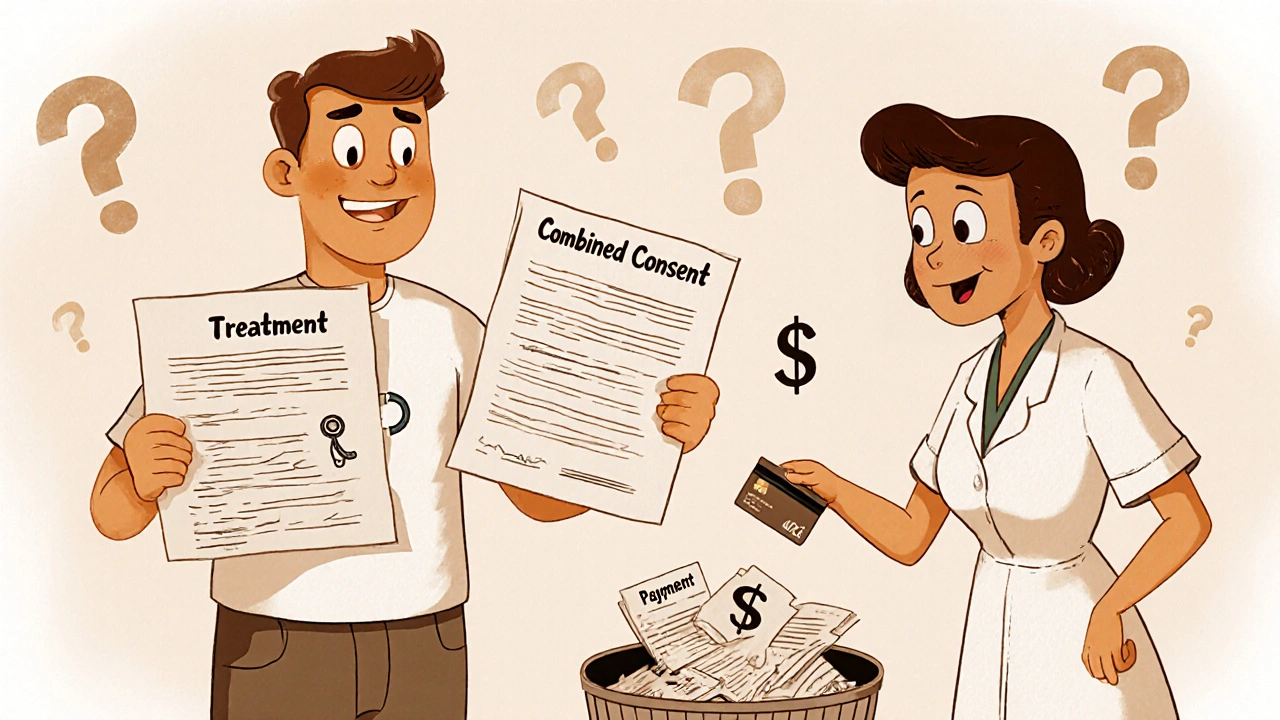No Surprises Act: What It Means for Your Medical Bills and Out-of-Pocket Costs
When you go to the hospital for an emergency or schedule a routine procedure, you expect a bill — but not a surprise bill. That’s exactly what the No Surprises Act, a federal law designed to protect patients from unexpected medical charges. Also known as the Independent Dispute Resolution Act, it took effect in January 2022 to stop providers from billing you for out-of-network costs without your consent. Before this law, you could walk into an in-network hospital only to get treated by an out-of-network anesthesiologist, radiologist, or surgeon — and then get stuck with a bill for thousands of dollars you never agreed to pay.
The No Surprises Act applies to emergency care, non-emergency care at in-network facilities, and air ambulance services. It doesn’t matter if the provider is out-of-network — if you’re at an in-network hospital, your cost-sharing (like copays or coinsurance) must be calculated as if the provider were in-network. That means your deductible and out-of-pocket maximums are based on your plan’s in-network rates, not the provider’s inflated charges. Insurers and providers now have to work out payment disputes between themselves, not on your doorstep.
This law also covers air ambulances, which used to be one of the biggest sources of surprise bills. Even if your insurance doesn’t cover air transport, the provider can’t bill you more than your in-network cost-sharing amount. And if you get a bill that looks wrong — say, you’re being charged for an out-of-network fee after a hospital stay — you have the right to dispute it. The law requires providers to give you a good faith estimate before non-emergency procedures, so you know what you’ll owe ahead of time.
But the No Surprises Act isn’t perfect. It doesn’t cover ground ambulances, and some providers still try to work around it with balance billing loopholes. If you’re seeing a specialist outside your network, you might still get a bill — but only if you give written consent at least 72 hours before the service. That’s called balance billing, when a provider charges you the difference between what your insurance pays and their full price. The No Surprises Act bans this in most cases, but you can still choose to accept it — if you fully understand the cost. And if you’re uninsured or paying out-of-pocket, you’re still protected: you’re entitled to a written estimate before treatment, and the final bill can’t be more than $400 over that estimate.
What you’ll find in the posts below are real-world guides on how to spot illegal billing, how to fight back when you’re wrongly charged, and how to use the No Surprises Act as a tool to protect your wallet. You’ll see how it connects to pharmacy licensing checks, FDA label terms, and even how certain medications interact with liver function — because surprise bills don’t just come from hospitals. They come from unclear drug pricing, hidden fees, and lack of transparency across the entire healthcare system. Whether you’re managing chronic conditions, using fertility meds, or taking heart drugs, knowing your rights under this law can save you hundreds — or thousands — of dollars.

Consumer Protection Laws for Patients: What You Need to Know in 2025
- 8 Comments
- Nov, 12 2025
New York’s 2024 patient protection laws stop providers from bundling consent forms, filling out your financing apps, or forcing credit card payments. Know your rights before your next medical visit.
